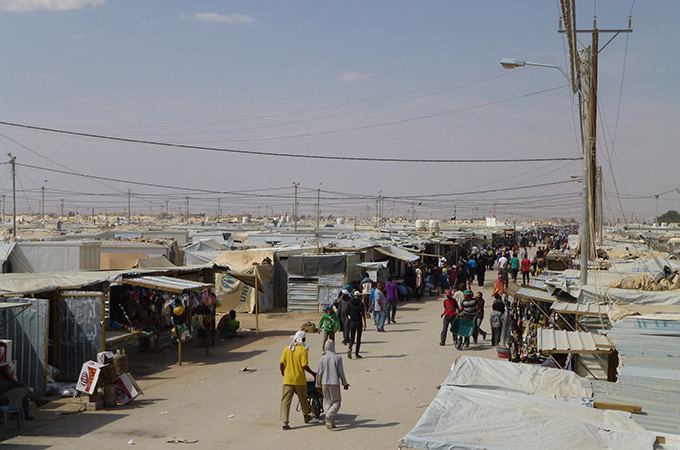By Kathryn Maureen Ryan
Impunity Watch Reporter, Middle East Desk
ISTANBUL, Turkey — Turkish authorities detained at least sixty people Friday in relation to protests against the policies of Turkish Prime Minister Recap Tayyip Erdogan. Demonstrations have broken out in several cities including Istanbul, Ankara, Izmir and Bodrum.

Nationwide protests have occurred since May 28, when activists organized peaceful demonstrations against the proposed demolition of Gezi Park on Taksim Square in Istanbul. Considered the city’s last public green space, the park would be demolished to make way for a development project that would include the construction of a replica of historic military barracks built by the Ottoman Empire. A commercial shopping center would also be built on the property.
Protesters argue that the development plan is not part of a historic preservation project, but rather an excuse to build more malls and commercial shopping complexes in the heart of Istanbul.
Protesters used social media to spread awareness about the proposed destruction of the park as well as organize peaceful demonstrations. On May 28,protesters began setting up tents and sleeping bags to prevent bulldozers from entering the park. Even after authorities cleared the park by using teargas, protesters continued to gather in the park.
On Friday, the term #OccupyGezi was tweeted more than 160,000 times. Several protesters chose to Tweet in English to raise international awareness about the protests and the actions of the Turkish police.
As news of the police reaction to the peaceful demonstration spread though social media and other outlets, demonstrations broke out in other cities across the country. Many people saw the proposed demolition of Gezi Park, and the reaction of the authorities to the demonstrations, as an example of what they claim are the increasing authoritarian policies of Prime Minister Erdogan, who assumed office in 2003.
Many people across Turkey have grown increasingly frustrated with Erdogan’s authoritarian policies, including a law that would ban vendors from selling liquor between 10:00 P.M. and 6:00 A.M. The people also show frustration over Erdogan’s policies toward the conflict in Syria.
According to Architecture Historian Ugur Tanyeli, Istanbul is “starved for green space.” Tanyeli argues that it is difficult to see this project as a legitimate historical preservation project because we do not know exactly how the Ottoman Empire barracks would have looked. Like many Turks, Tanyeli sees the project as another example of Erdogan’s authoritarian policies: “the real problem is not Taksim, and not the park, but the lack of any form of democratic decision-making process and the utter lack of consensus. We now have a prime minister who does whatever he wants.”
In response to the increased awareness of the protests and the project, a district court has agreed to hear the arguments against the rebuilding of historic barracks and shopping center, and has called for the project to be put on hold.
For further information, please see:
Aljazeera — Protestors #OccupyGezi to Save Istanbul Park — 31 May 2013
Aljazeera — Turkey Arrests Anti-Government Protestors — 31 May 2013
CNN International — Report: Court to Hear Case at Center of Istanbul Protests — 31 May 2013
The Guardian — Turkey Protesters in Violent Clashes with Police over Park Demolition — 31 May 2013
For real-time developments, follow #OccupyGezi on Twitter



